To put it plainly, home remedies and DIY projects are in. Whether it’s hand painting wallpaper, or mixing an unknown elixir for some beauty benefit, we, the people, just can’t get enough. The magical part is that many of these DIY concoctions/projects actually work. That’s why when we heard about this one—that’s gaining major attention online—we were intrigued.
Rice water is a natural hair care treatment that has become a hot topic online for supposedly improving the texture, strength, shine and growth of hair. But what exactly is it? Quite literally it is the nutrient-rich, starchy water left behind after boiling, soaking or fermenting rice that can be applied to the hair as a rinse, or leave-in treatment. And since we aren’t the type to shy away from silky, luscious locks, we needed to know more. Here’s what we found out.
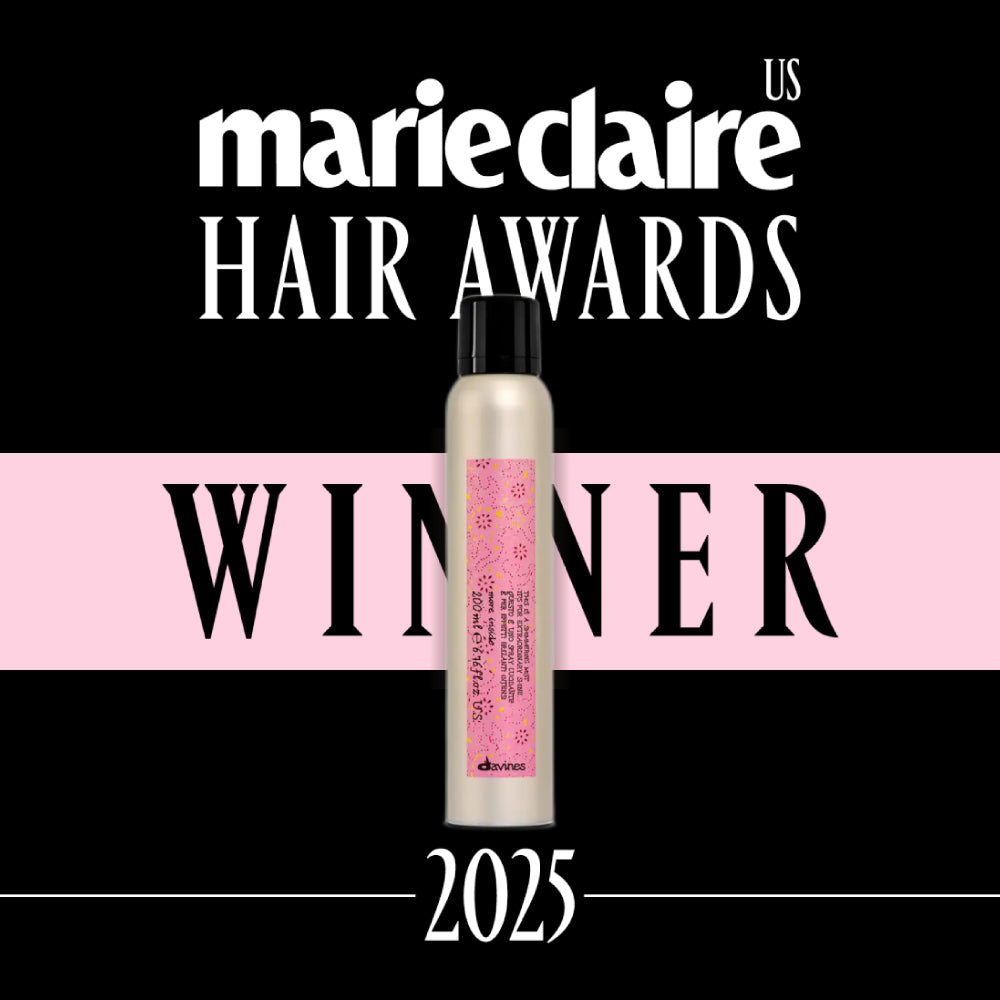
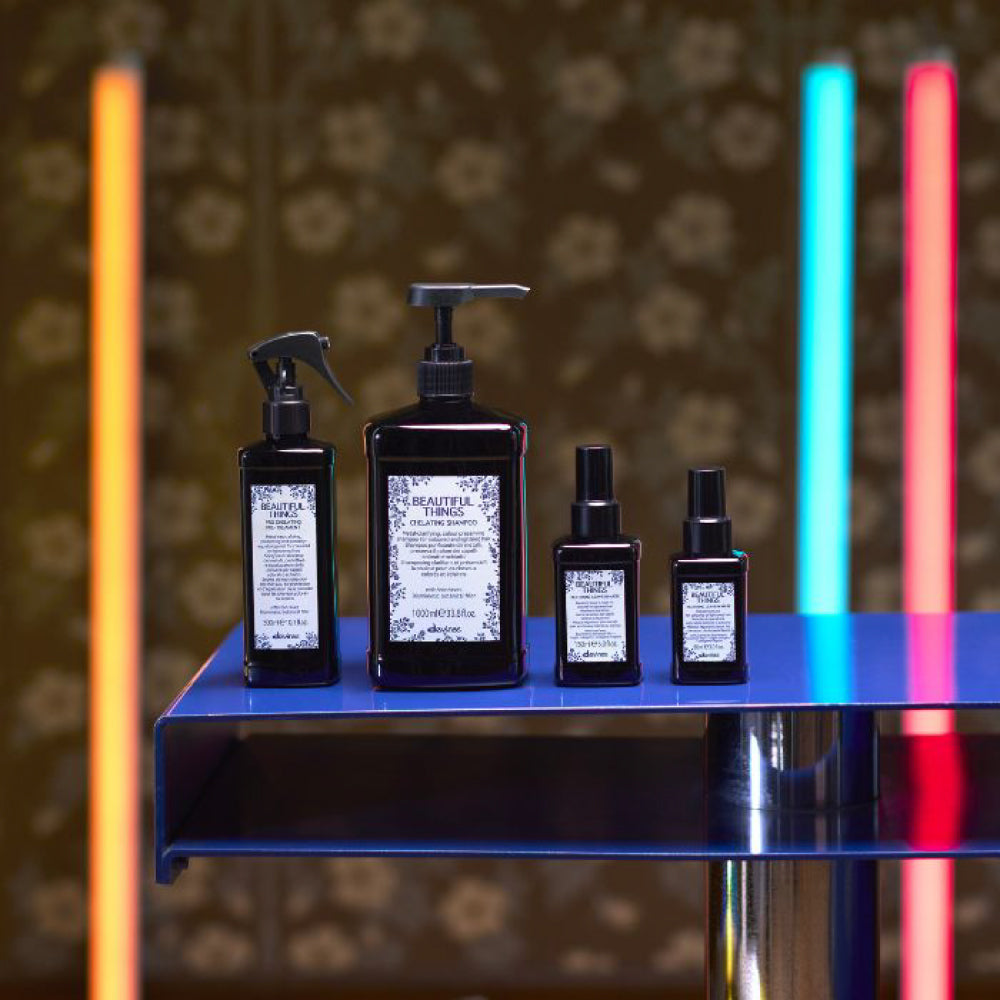
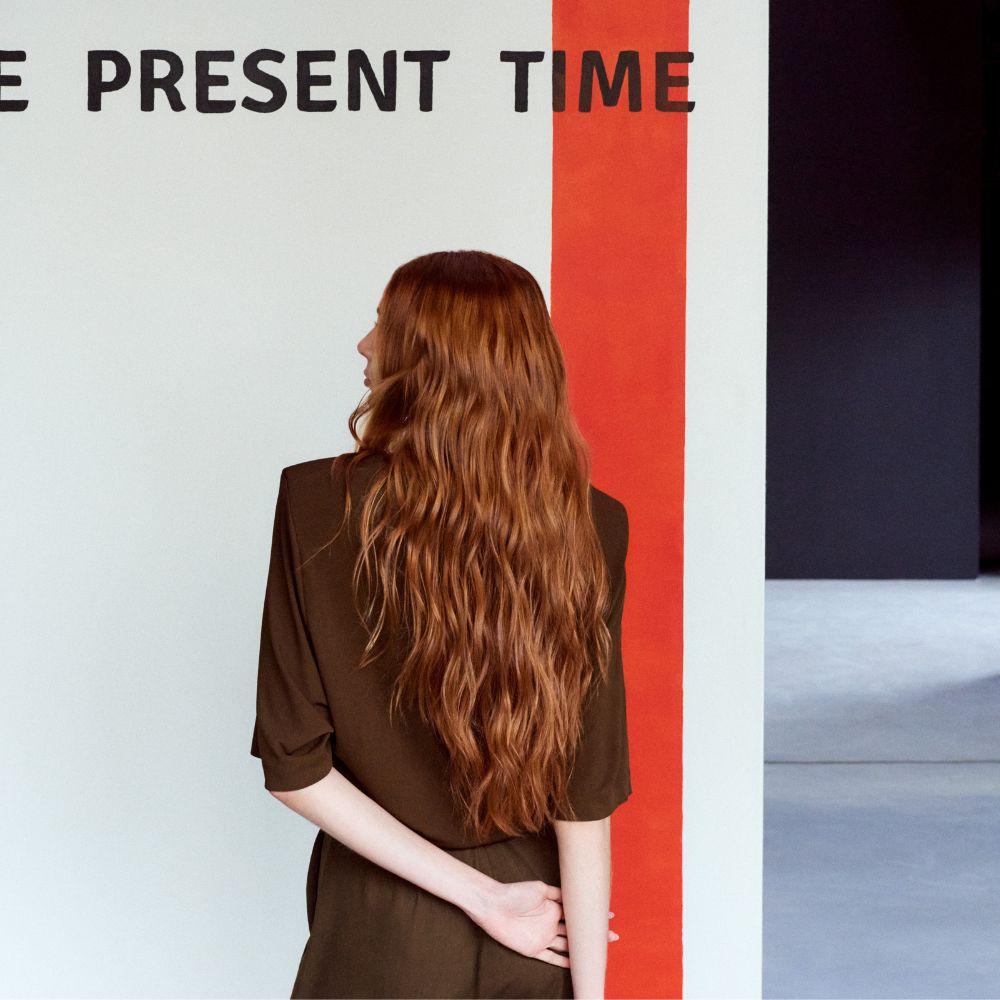
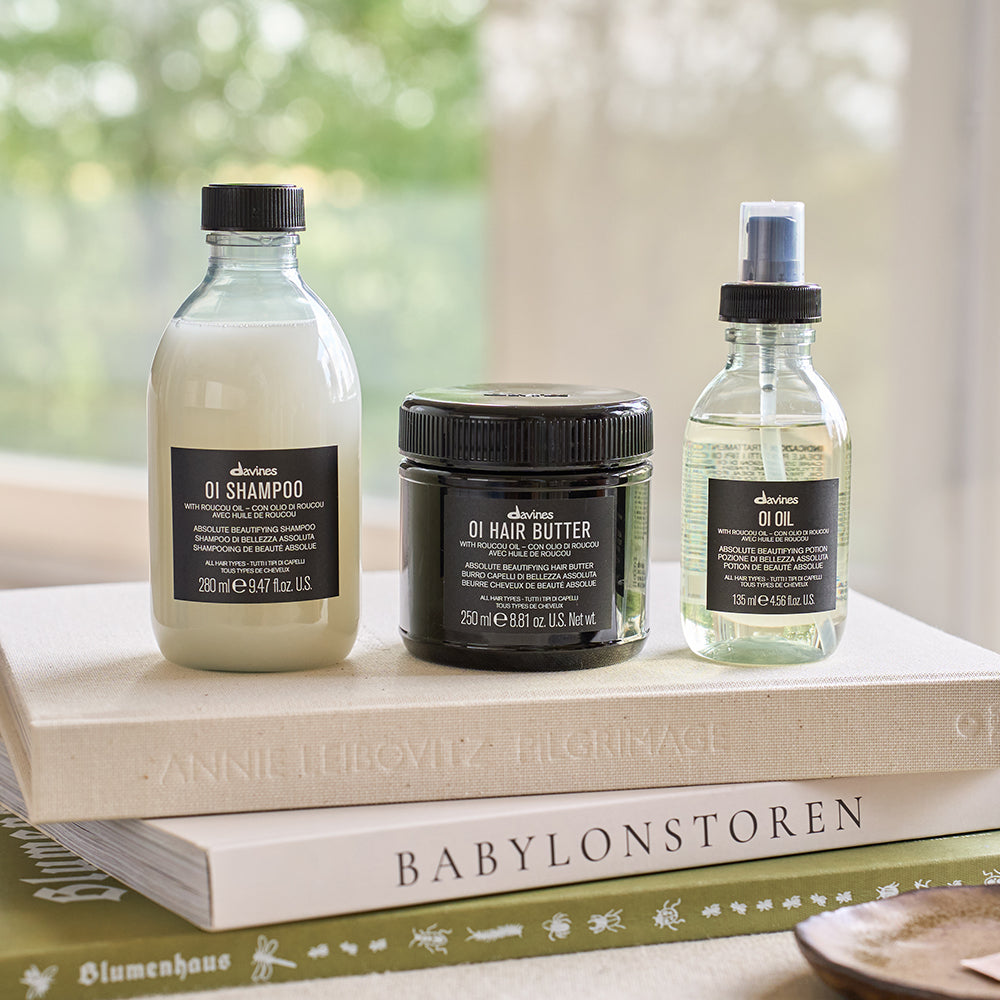


Leave a comment
Comments will be approved before showing up.